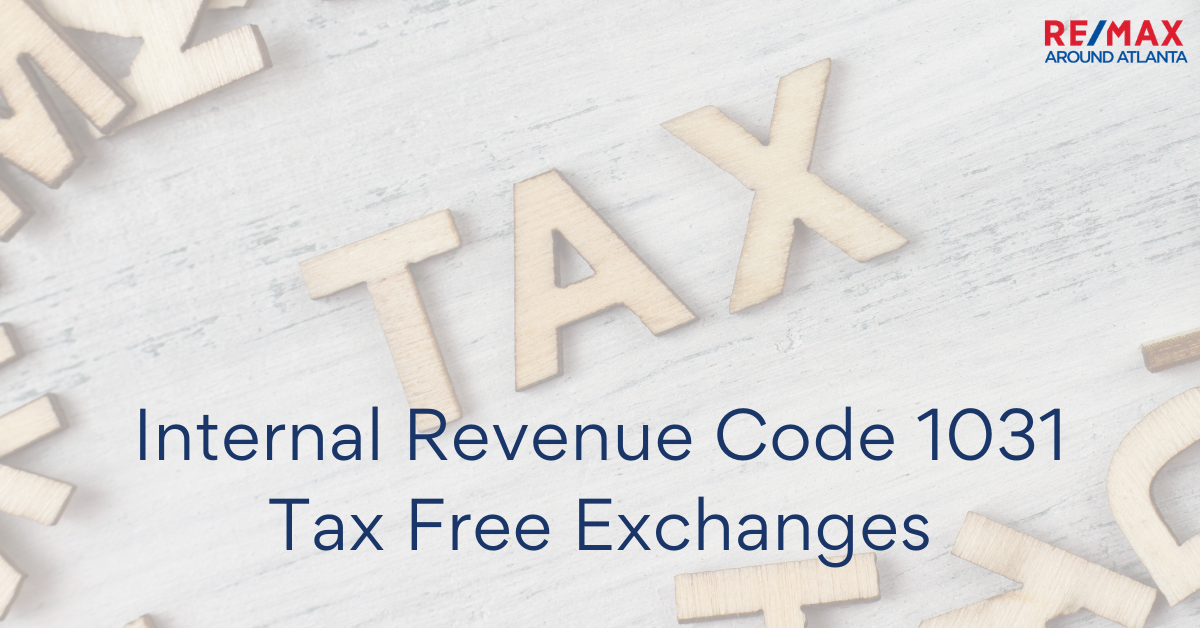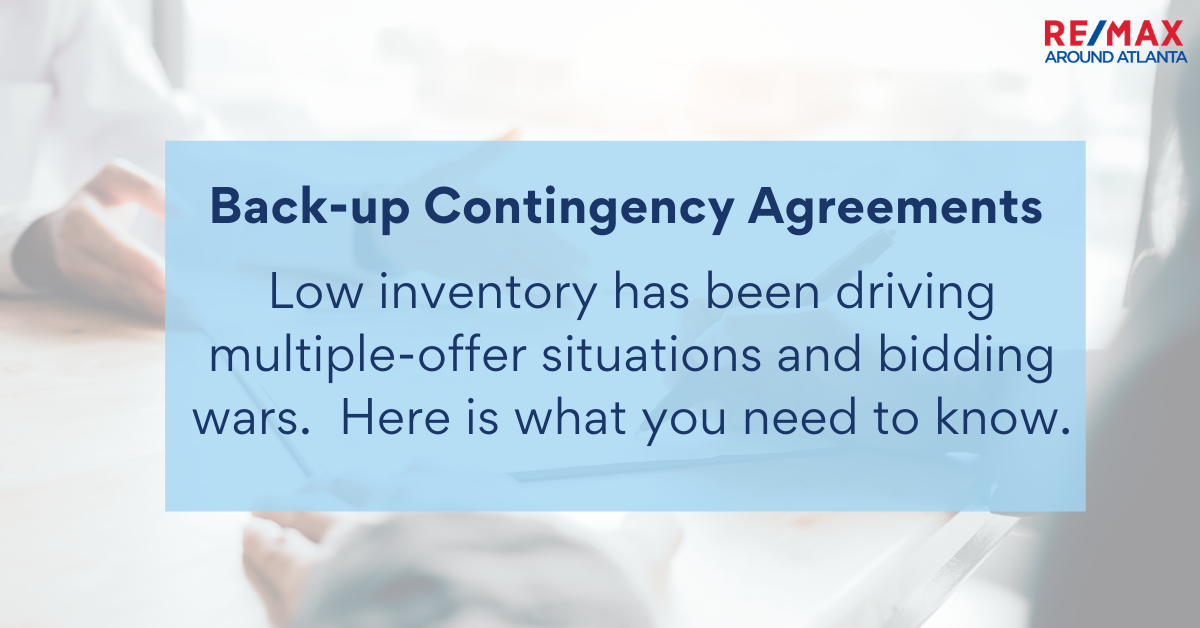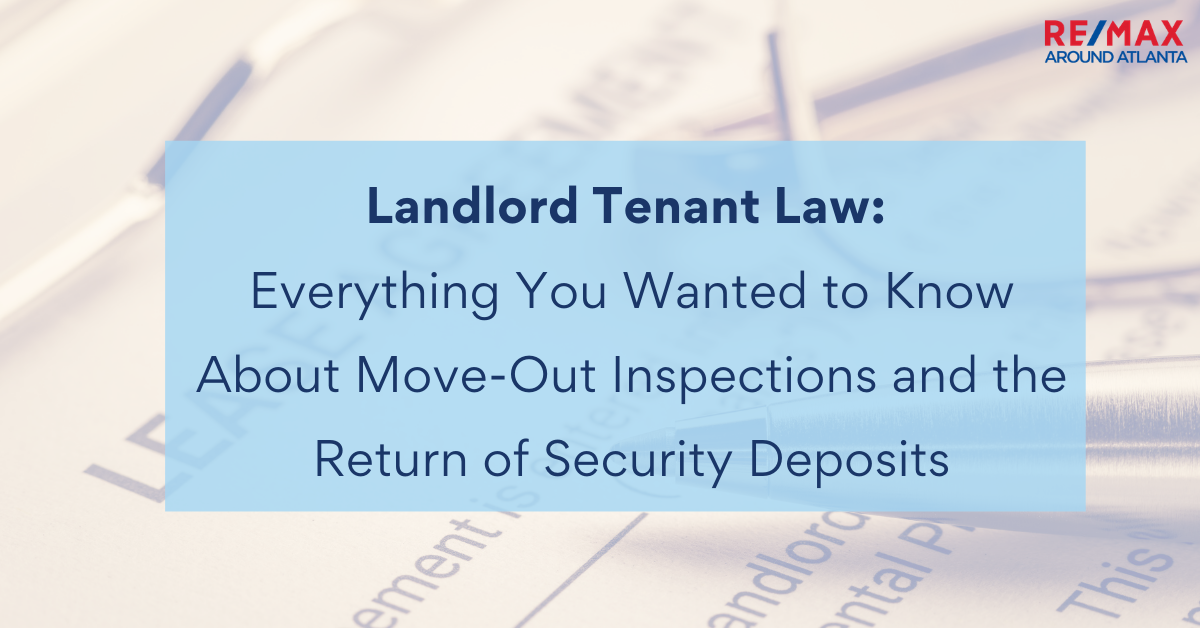|
Follow the Rules!
Internal Revenue Code 1031 Tax Free Exchanges - When property held for investment or business purposes is sold for more than its original purchase price, any gain from the sale is subject to capital gains tax. However, an IRC Section 1031 exchange—also called a tax-deferred exchange— allows a sale of the investment or business property and a purchase of a like-kind replacement property without paying the capital gains tax. The sale proceeds can be reinvested without paying additional taxes. Used correctly, the 1031 Exchange is a powerful money-saving tool. But there are rules. Lots of rules. Breaking the rules means the client’s profit on a sale will result in tax liability in the year of the sale. Most importantly, we as real estate agents are not (generally) tax professionals and cannot give advice regarding the complexities of the Internal Revenue Code. It is complicated. It changes. And it is a violation of the code of ethics to offer advice on subjects in which we are not qualified. We should, however, have a general understanding of the process and know what language to use in Purchase Agreements to facilitate the process– both when the client sells the relinquished property and when the client buys a replacement property. If your client does not have a sophisticated understanding of the portions of the United States Code governing 1031 tax-deferred exchanges, consider advising your client to hire a qualified tax exchange professional. Steps to be followed by an investor for a successful 1031 tax deferment:
2 Comments
New construction sales are way up and RMAA new construction contracts are way up too. Unless a new home purchase is substantially complete, there are issues unique to new construction contracts that should be explained to buyers. It’s always better to be pre-dispose a buyer to new construction issues than to deal with unexpected, unpleasant surprises. Before you show a new construction property, do some research on the builder and check out their reviews.
First, RMAA housekeeping matters. Many new home contracts do not include items required by GREC. When you are presented with the purchase paperwork, please be certain that it includes not just your Georgia Real Estate License number, but also the RMAA Firm License number H-53737 and, if it was in FMLS, the Office Code number. In the Agency section, the contract should also state that you are representing the Buyer as a client. If any of the items are omitted, please have them added to the signature block or the special stipulations. If they are not included, the contract will have to be amended to be GREC compliant. Hate that extra step. Generally, large merchant builders have their attorneys write a Purchase Agreement that is unique to them. They are often one-sided, protecting the builder over the buyer. Changes are either discouraged or prohibited. Your job, as the buyer's agent, is to understand it thoroughly, so you can explain it to your buyer. Some builders do use the GAR New Construction Purchase Agreement. It will include the items in the above paragraph. These are some things to look for: Low inventory has been driving multiple-offer situations and bidding wars.
According to the InfoSparks reporting on FMLS, the September 2020 Days on Market for all property types has fallen to just 13 days. And the high in January 2020 was just 36 days. If the perfect house is already under contract, your Buyer may want to secure a position by using a back-up offer. GAR Forms has the situation covered by submitting the basic Purchase and Sale Agreement and including a Back-Up Agreement Contingency (F604) as an Exhibit. If the agreement is accepted by the Seller with the Back-Up Agreement Contingency Exhibit included, it becomes a Binding Agreement. From the Seller’s standpoint, there are good reasons to accept a back-up, especially if the price and terms are better than the first agreement. From the Buyer’s standpoint, there are considerations. The back-up Buyer may need to increase the price or be flexible on terms to be accepted as a back-up. Further, a back-up can work against the second Buyer by elevating the primary’s motivation to make the deal work, so more likely to forgive inspection issues and be more cooperative in Seller negotiations. Landlord Tenant Law: Everything You Wanted to Know About Move-Out Inspections and the Return of Security Deposits
Landlords who own more than ten (10) rental units, including units owned by their spouse and/or children, or who employ a management agent, must adhere to a formal inspection process or forfeit the security deposit. Within three (3) business days after the lease terminates, or a reasonable time after the landlord discovers the tenant vacated, the landlord must inspect the unit and prepare a list of all damages and the estimated dollar value of such damage. The landlord must sign the list and provide it to the tenant. O.C.G.A. §44-7-33. The tenant may inspect the premises within five (5) business days after the termination. The tenant must sign the move-out inspection list or specify in writing the items in dispute. It is best for the tenant to be present at the move-out inspection with the landlord. • If the tenant does not dispute or challenge the damages listed on the move-out inspection list, the tenant cannot contest the landlord’s withholding of the security deposit to cover the damage. Therefore, it is very important for a tenant to carefully read through the move-out inspection report. What Can be Deducted From the Security Deposit? |
RMAAReal Estate News, Brokers Blog & More Categories
All
Archives
July 2024
|





 RSS Feed
RSS Feed